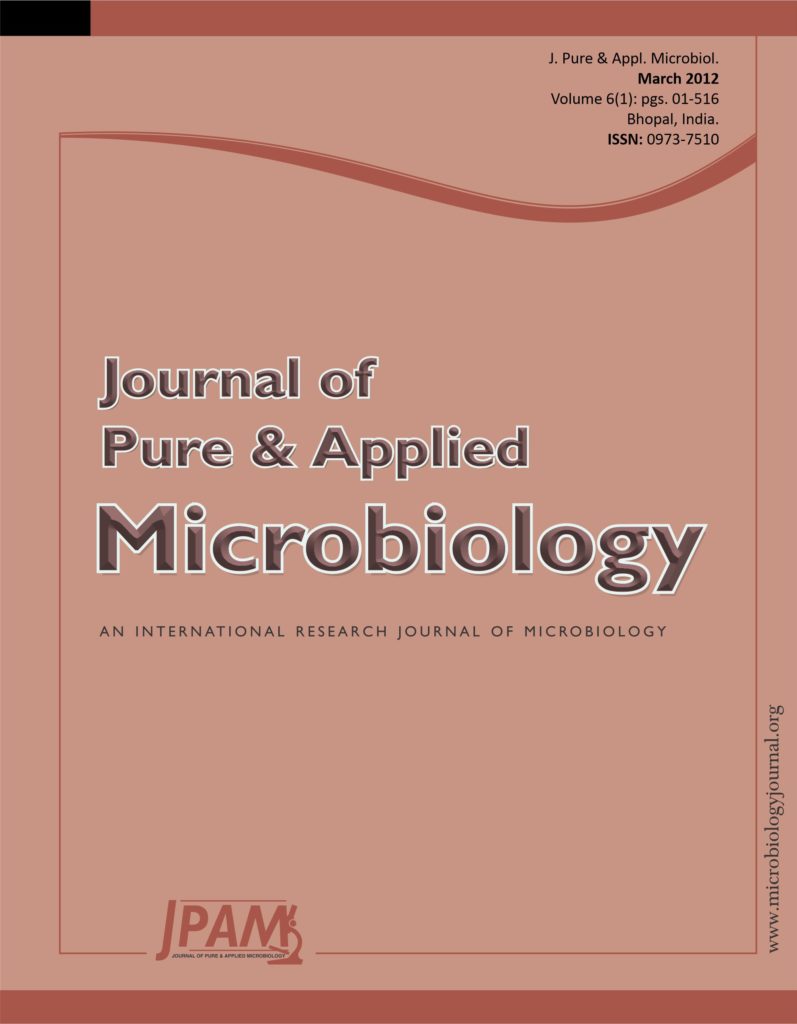Water is one of the most common sources of all infections and water born diseases are one of the most frequently affecting ailments for the human body. While access to drinking water in Indian villages has increased over the past decade, the morbidity and mortality rate due to consumption of unsafe water has continued to affect our population in large numbers. As a solution to this problem a low cost but highly effective water purification system using clay and organic waste products such as tea, coffee and sawdust in different proportions was devised. Organic products used to prepare the filtration systems are used by the villagers in their day to day life and hence are easily available. Bacteriological analyses for number of coliforms using Membrane Filter Technique and Most Probable Number before and after filtration were performed to determine the efficiency of the clay pots.
E. coli, Water pollution, Clay, Organic waste products
© The Author(s) 2012. Open Access. This article is distributed under the terms of the Creative Commons Attribution 4.0 International License which permits unrestricted use, sharing, distribution, and reproduction in any medium, provided you give appropriate credit to the original author(s) and the source, provide a link to the Creative Commons license, and indicate if changes were made.


